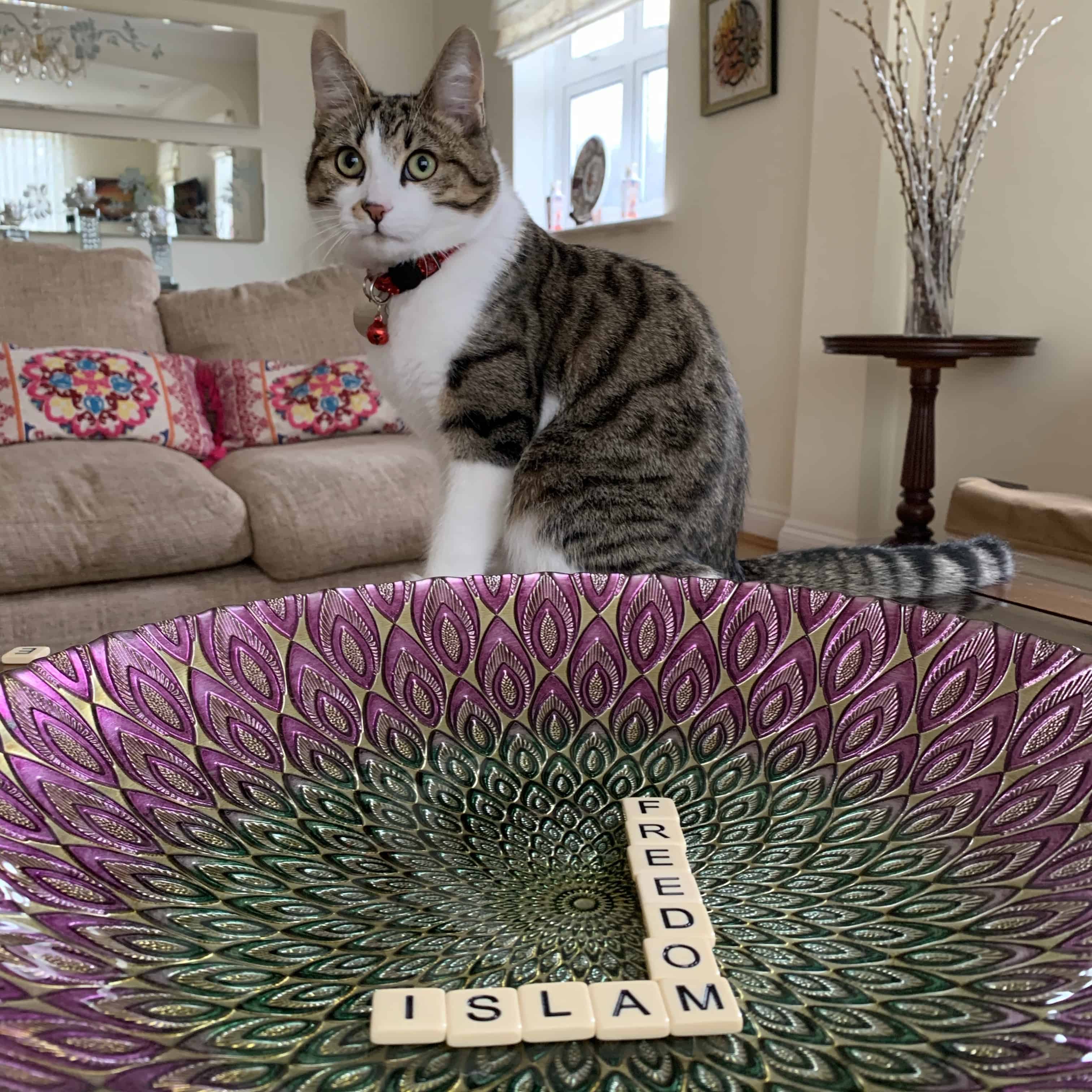The Main Principles of Islam: Freedom

The concept of freedom

In our old literature, we don’t find the word freedom as a stand-alone topic. It’s a new expression. The word hurriyya (freedom or liberty) is not a word you even find in the Quran. There’s no ayah that talks about ‘hurriyya’. However you will find the concept.
Is it one of the main streams in Islam? It is! ‘Hurriyya’ (freedom) is important because Allah Almighty appointed Adam (and by extension us) as His representative on earth. In order to reach that level of responsibility, we have to have two things:
- sanity ‘aql’
- freedom ‘hurriyya’
If you have sanity without freedom, you have no accountability and vice versa. If you have freedom without sanity you have no accountability. The two go together to be accountable and responsible.
Limits of freedom
Though it is important to have freedom, we also have limits on our freedom. Even the most liberal countries and cities, which claim that they have no limits on freedom, in fact they have limits on freedom, whether they like it or not. From shariah point of view, yes, of course we have limits for freedom.
Do we have real freedom in Islam? The revelation is our guidance, but we have the choice to follow it or not to follow it. I’m saying this because Allah Almighty mentioned in Surah Al Kahf, (which we should recite every Friday to provide us with light til the following Friday according to an authentic narration):
Say this is the truth from your Lord, whomsoever wants to believe, let him believe. And whomsoever wants to disbelieve, let him disbelieve. (18:29)
In this ayah, we see the freedom of choice. Imaan is a choice, you choose to believe or you choose to disbelieve. You don’t inherit imaan in your DNA.
If you were to do a DNA test, you won’t find imaan. So it’s your choice and accordingly, Allah Almighty will accept or reject.
So if you go in-line with His guidance, then He’ll accept it, if not, then He’ll reject it.
And there are plenty of verses in the Quran talking about the freedom of imaan, or choice to be a believer or not. And one of the ‘maqasid’ (aims) of the shariah are about:
1. preservation of deen (religion)
2. preservation of intellect
3. Preservation of life
4. Preservation of honour
5. preservation of lineage
We cannot force people to accept imaan. Allah Almighty says:
There is no compulsion in religion. (2:256)
Will you compel people to become believers? (10:99)
This shows that we have the choice.
With the choice Allah Almighty with His mercy gave us intellect and explained the consequences of our choices, so when we choose we act with full knowledge, with clarity.
Allah Almighty does not hide something from you and then deceive you. No! Allah gives you clarity.
This is a clear guidance to the people. (2:185)
Oh Prophet, we have sent you to the people as a witness and spreader of good news and a warner. (33:45)
So yes! Here is the confirmation that he has been sent with clarity. So we have the freedom and Allah Almighty has given us this freedom, and accordingly we choose. The moment we lose our freedom we lose accountability.
Where does freedom end
To what extent are people free to express their opinions? You may voice your opinions unless they invade someone’s privacy. You have no right to do that. I’m not free to invade your privacy. And you’re not free to invade my privacy. Your freedom stops where other people’s privacy starts.
You have no freedom to spy on somebody.
You have no freedom to insult somebody.
You have no freedom to go against any religion, insult any religion.
Allah Almighty prohibits believers in the Quran:
Do not insult those whom they invoke other than Allah, lest they will insult Allah. (6:108)
Some people stupidly say they are free to say whatever they want and insult whoever they want, and we’ve seen what happened with the cartoons. This is not freedom, this is stupidity. You are not free to insult someone’s religion. This is not freedom. This is irresponsible arrogance.
In Islam we have freedom, but this freedom has limits. Though the concept of limits is disliked in the West and constantly eroded and perceived as being old fashioned, and unnecessary. However the limits we have are our floodgates. It is you choice! If you break the flood gate then don’t expect you won’t sink. Because you will sink. Allah Almighty put the flood gates for us for our protection.
Similarly, I read a beautiful comment by a teacher, who said, ‘Limits are like the signpost to a mine field, saying, “Do not enter. This is a mine field.” If you enter it because you are free, and you don’t want the signpost to curb your freedom, then bear the consequences.’
Islam has given us freedom, but with it comes responsibility.
Talk delivered to City Circle November 2019 in London. Transcribed by Rose Swinburn.
Related post:
Gaining tranquility by engaging the heart and unblocking the heart
Shaykh Haytham Tamim’s Islamic MOT defines the essentials of being Muslim.
Islam is more than five pillars. It is the core of who you are.
The Shaykh has distilled his life’s learning into the principles and traits that should characterise you deep down, and enable you to gain Allah’s pleasure.
Recommended Posts

The truth is more powerful than lies
July 26, 2024

Global IT outage. When systems go down…
July 19, 2024

